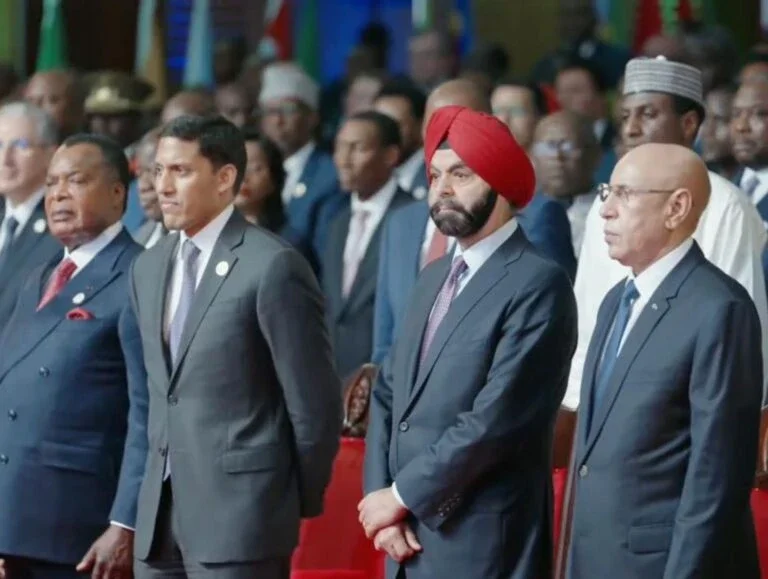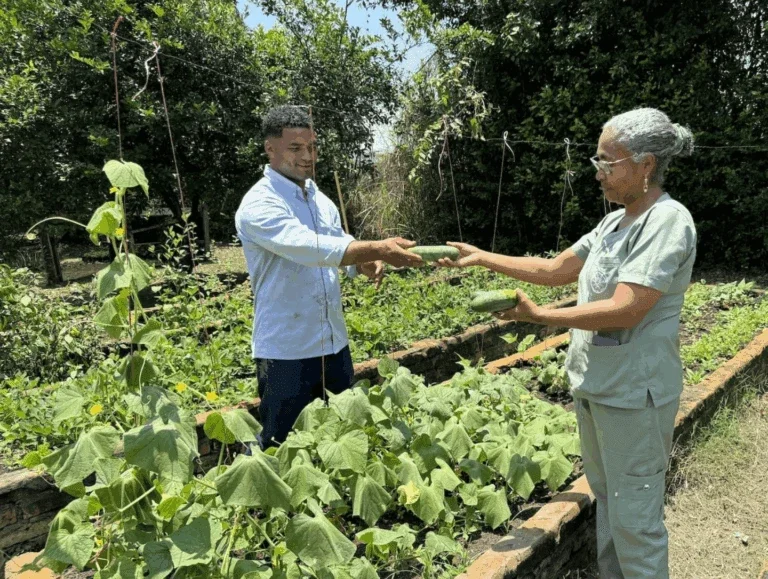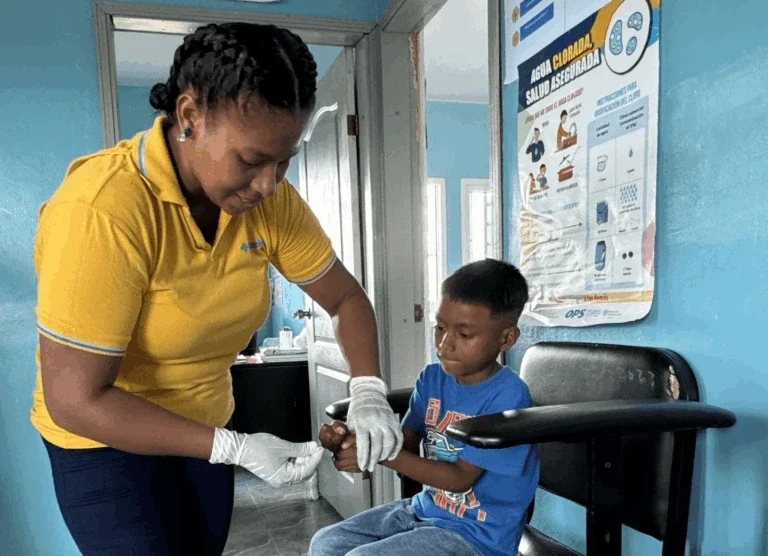Why It Matters
- 0%%
of people across 34 countries
support cooperation on global challenges — even when it requires compromising on national interests
- $0BillionBillion
projected global aid cuts
in 2025
- 0MillionMillion
people projected to die by 2030
in low- and middle-income countries if global aid cuts continue
A new peer-reviewed study published in The Lancet Global Health by ISGlobal, with support from The Rockefeller Foundation, shows how severe cuts to global aid could reverse decades of health gains across 93 countries if action is not taken.
Source: The Lancet Global Health
read the reportAmid the erosion of multilateral cooperation and deterioration of existing institutions and agreements, this project is working to identify areas for continued international cooperation among world leaders and to identify ways in which civil society can support these efforts. The project invites a broad, bottom-up approach to revisit many of the underlying concepts that were incorporated into the foundation of existing agreements and institutions and will seek to reimagine what needs to come next.


The number of people living in extreme hunger is rising, yet the public resources to address these challenges are diminishing. The project will improve data systems so local stakeholders can better predict food crises and take anticipatory action to prevent the worst outcomes. Projects in highly vulnerable situations will demonstrate the benefits of these strengthened data systems to help local food systems become more productive and resilient and allow scarce public funds to be used more efficiently and effectively.
The global health system is at a critical inflection point. Persistent challenges — including funding shortfalls, systemic fragmentation, and deep-rooted inequities — continue to disproportionately impact the world’s most vulnerable communities. We are supporting country leaders in building a new paradigm for global health in which domestic institutions set priorities, allocate resources, and drive solutions, while external support strengthens rather than supplants national capacity.

How We Will Build the Shared Future
With: Newly adopted principles to guide international cooperation
For: More prosperous and secure lives
With: Local leaders coming together to show the way
For: Self-sufficient health systems that save lives
With: Collaborative Predictive Data Systems
For: Hungry people around the world
- Report
A Mandate for International Cooperation: G20 Popular Opinion on Global Action
A follow-up survey of nearly 20,000 people across 18 G20 countries reveals strong support for international cooperation, with 60% willing to accept national compromise to solve global challenges. Preventing wars, providing access to food and clean water, and tackling climate change topped the list as priority issues for respondents. Read the latest survey for more.Download PDF - Report
Demanding Results: Global Views on International Cooperation
A new survey of more than 36,000 people from across 34 countries shows that while people believe in global cooperation, they are hungry for more effective systems. In fact, 75% of people would support their country working with others if it's proven to solve global problems. Read the latest survey for more.Download PDF
In the News
- Feb 02 2026In the News Aid Cuts Could Cause 22m Avoidable Deaths by 2030, Study Finds Source: theguardian.com
- Sep 19 2025In the News Poll Shows Huge Support for Global Cooperation, but Failing Grades for UN, Others Source: reuters.com
- Sep 19 2025In the News Scandinavians Trust International Organisations More Than Rest of Europe Source: euronews.com